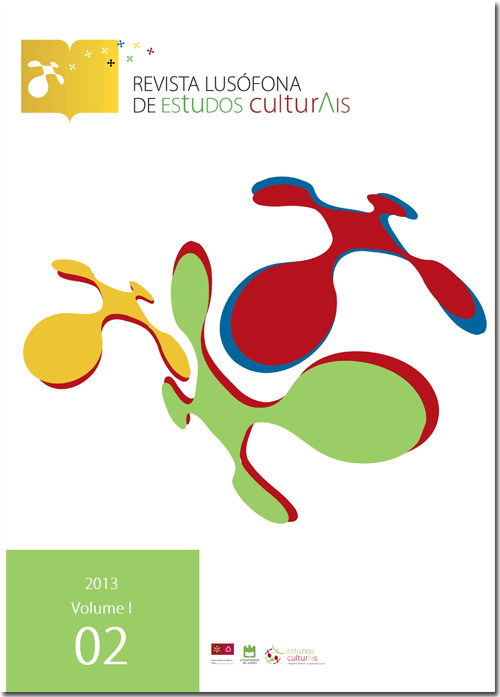USES OF SPACE, FREEDOMS AND CONSTRAINTS: São Paulo, Clean City: a case study
DOI:
https://doi.org/10.21814/rlec.35Keywords:
Uses of urban space, outdoor advertising, happiness, freedoms and constraintsAbstract
The sensible forms that stand the daily experience of movement through urban space in outdoor advertising are one of the most conducive to the exercise of social life. However, outdoor advertising imposing on a dialogical relationship is not always peaceful, perceived as a threat to the order (disorder) of the city. Can the ads stop wanting to affirm the place of persuasion, seduction and poetics in the context of contemporary urban life? On September 26, 2006, the Municipality of São Paulo, Brazil, approved the Clean City Law, seeking a ban on outdoor advertising. Since then, a fierce controversy has occupied citizens, politicians, architects, planners, publicists, and artists, among different types of actors in defense of views sometimes radically irreconcilable. It is our belief that underlying such a discussion there are different notions of happiness, individual or collective, in its particular application to space and culture of the city, in preparation of the World Cup 2014 (in São Paulo).Downloads
Download data is not yet available.
Downloads
Published
2013-12-17
How to Cite
Pires, H. (2013). USES OF SPACE, FREEDOMS AND CONSTRAINTS: São Paulo, Clean City: a case study. Lusophone Journal of Cultural Studies, 1(2), 234–248 | 249. https://doi.org/10.21814/rlec.35
Issue
Section
Thematic articles
License
Authors own the copyright, providing the journal with the right of first publication. The work is licensed under a Creative Commons - Atribuição 4.0 Internacional License.








